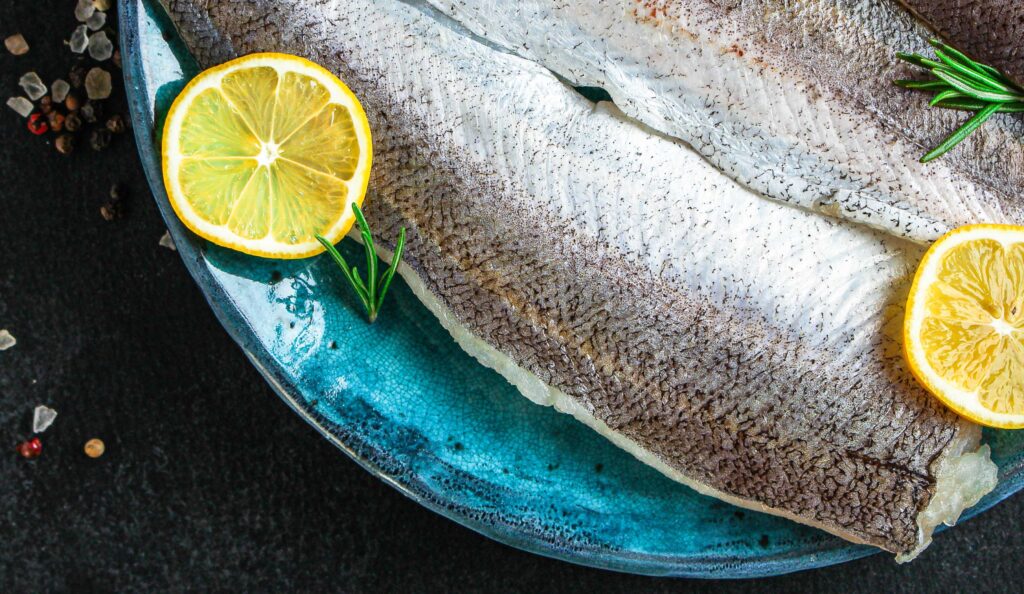U.S. capable of achieving seafood independence, new study by Stoll, Advani and Oyikeke shows

From lobster to haddock and seaweed, seafood plays an important role in the U.S. economy, diet and culture. The nation is one of the top producers of marine and aquatic foods worldwide, but also the second largest seafood importer.
Through extensive data analysis and calculations, University of Maine researchers found the U.S. could achieve seafood independence, or meet its entire seafood needs through its own production. But according to their new study in the academic journal Ocean Sustainability, published by Nature, “achieving greater seafood independence would require shifts in consumer behavior, investments in infrastructure and continual adaptation in the face of climate change.”
Becoming seafood independent offers opportunities for the U.S. to improve dietary outcomes as well as individual and national food security, particularly against disruptions in global supply chains, according to the research team. Despite its capacity to rely solely on the seafood it produces, the nation exports the majority of it and imports 80-90% of the seafood Americans consume.
“There is a tendency to forget that seafood is an integral part of the nation’s food system, but achieving greater seafood independence can improve equity, health and buffers from climate change,” said Joshua Stoll, UMaine associate professor of marine policy, who co-authored the study with postdoctoral research fellow Sahir Advani and Ph.D. student and Sustainability Graduate Fellow Tolulope Oyikeke.
